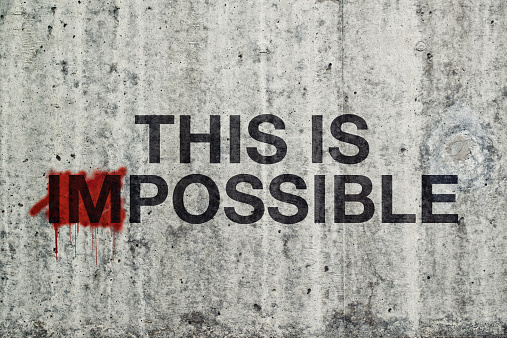Being Kind isn’t a #MotivationalMonday post on Instagram.
It is being available in human form to impart empathy on another human,
We have all become so inundated with the perception of what we look like online, that we forget how to act in actual life.
I am committing to being a person I would want to be in love with, befriend, co-work with.
The amount of followers and fans that you have on social media is pointless at 3am when you can’t sleep, when a close family member has let you down, a sudden death or loss.
I look at the cumulative 10K people I am connected to on social media and there are maybe 5 PEOPLE TOTAL that I can call if need be. In the past few months, I have spent a few days wishing it were evening, and many evenings wishing that the light would come sooner.
The lack of transparency online is brutal when you approach a place in your life where compassion is all you really need, yet judgement and passive aggressive Retweets, status updates and IG posts are what you intern receive. IN those times, it is impossible to NOT take things personal.
I have learned the profundity of that statement “Don’t take it personal”, must be reserved for people who do not have self worth issues, insecurities, and truly believe that they are substantially correct in all things that have to do with being a human.
I, for one, am far too fallible to believe even a modicum of that.
No matter how beautifully I would try to craft that poem, every line would be a lie, each stanza an epic proportion of deceit.
So, on the days when I feel less – a great friend gave me the most sound advice I believe I have received in this 3rd decade I am doing my best to traverse.
She told me “Don’t go on social media friend, there is nothing that is going to affirm you there today”.
Albeit sound advice, I am so connected to my technology, I wasn’t able to heed her advice. Instead, I went online – searched the timelines and found what I was looking for. More information that made me feel less than I know that I am.
My take away – be kind.
When it is too dark to remember that the sun will shine again, turn on a night light.
When it feels like the sun is shining on everyone but you, remember – it’s just a photo, positioned in perfect light, angle modified and filtered.
Social Media should be fun and informative, not self-deprecating. It’s a filter, that is what I tell myself – “It is just a caption underneath a photo, Azure. Relax. Be Human. Ignore the caption.”
This post was written by poet, brand humanist and creative strategist, Azure Antoinette. She is this year’s Emotion Revolution Summit MC.





